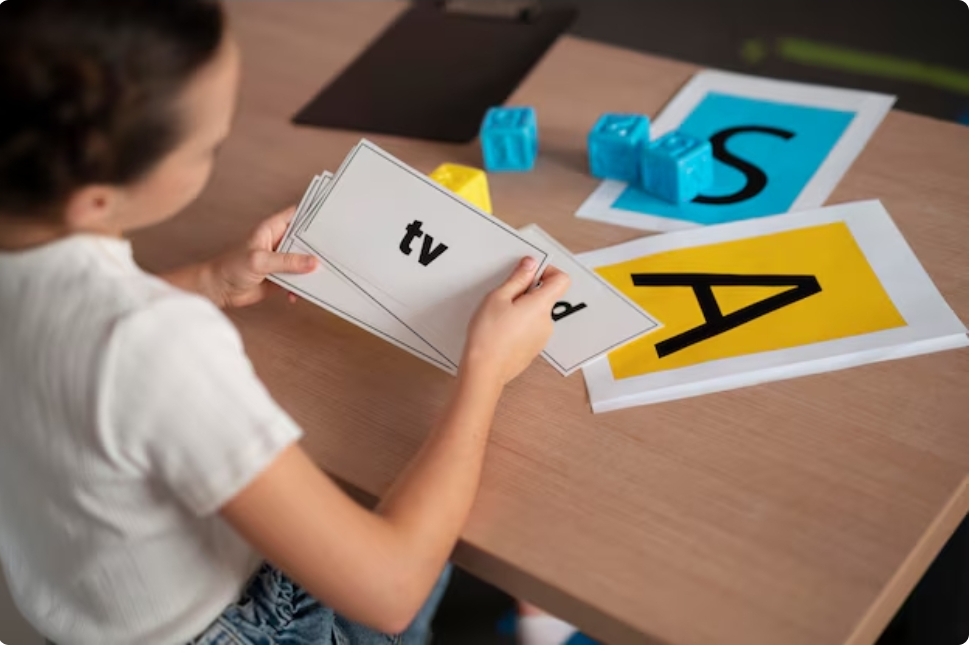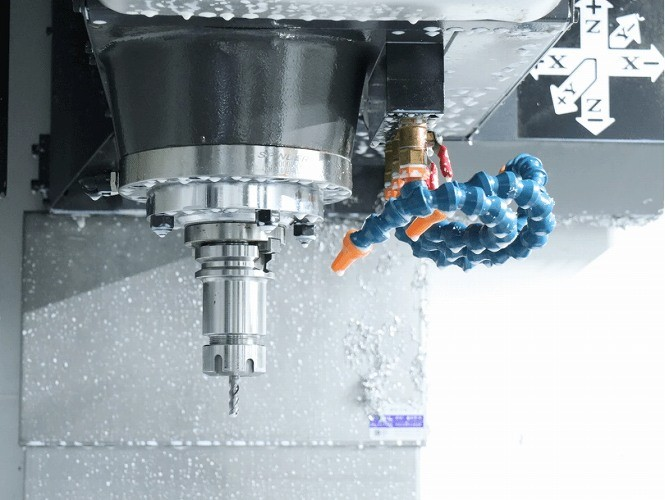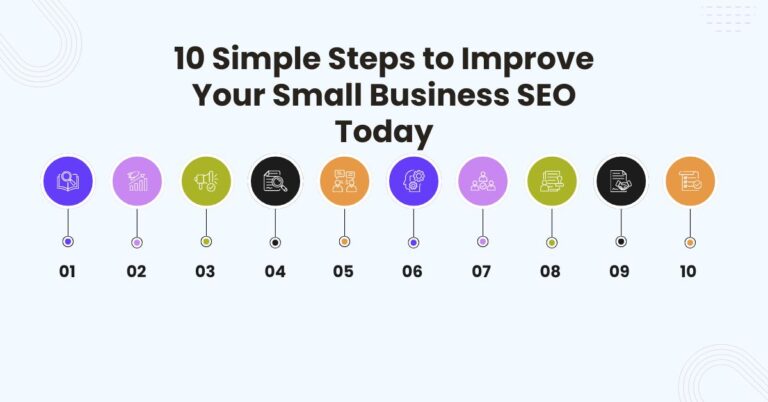Flashcards: Your Secret to Better Grades with Proven Learning Strategies
Flashcards are a powerful tool that can unlock your academic potential. Used by students around the world, they offer a simple yet highly effective way to retain and recall important information. The key to their success lies in their interactive nature—each flashcard prompts active engagement with the material. Whether you’re preparing for an exam, learning a new language, or simply trying to memorize key terms for a class, flashcards can streamline your study process.
Flashcards function on the principle of active recall, which is scientifically proven to enhance memory. Instead of passively reading through a textbook, flashcards require you to recall information from memory, which strengthens the neural pathways associated with that knowledge. This process is especially helpful for subjects that require a lot of memorization, such as biology, history, or language studies.
In addition to promoting active recall, flashcards are perfect for spaced repetition, a learning technique that involves reviewing information at increasing intervals over time. This method is highly effective at moving knowledge from short-term memory into long-term retention. By reviewing flashcards regularly, students can ensure they retain important details for the long term, reducing the need for last-minute cramming.
Another advantage of flashcards is their portability and flexibility. Whether you prefer physical cards or digital flashcards, they can be carried anywhere, allowing you to study during commutes, between classes, or even during short breaks. With apps like Anki, Quizlet, and Brainscape, digital flashcards have made studying even more convenient. You can create customized decks or use pre-made ones for a wide variety of subjects, optimizing your study sessions based on your specific needs.
For visual learners, flashcards provide even more benefits. By incorporating images, diagrams, and colors, students can make associations between visuals and the information they need to learn. The ability to break down complex information into bite-sized pieces also helps to prevent cognitive overload. It’s easier to digest small chunks of information at a time rather than facing the daunting task of reviewing an entire textbook chapter.
Additionally, flashcards promote self-assessment. As you work through your stack, you can immediately see which concepts you know well and which require more review. This feedback is invaluable in adjusting your study habits and focusing your energy on the areas that need the most attention. The simple process of flipping through cards, discarding the ones you’ve mastered, and revisiting the challenging ones helps keep your study sessions focused and efficient.
Midway through your flashcard journey, you might find an advanced feature of flashcards particularly useful—image occlusion. This method involves covering up parts of images or diagrams and using flashcards to test your ability to recall the hidden information. Image occlusion is especially beneficial for subjects like anatomy, geography, or any field where visual recall is crucial. By creating flashcards that challenge you to remember the missing elements of an image, you enhance your ability to remember information that relies on visual context.
Moreover, flashcards foster independent learning and time management skills. Because flashcards allow for a self-paced study, they encourage students to take responsibility for their own education. Rather than waiting for a teacher to quiz them, students can set personal goals, track their progress, and identify weak spots early in their preparation process. This sense of ownership over one’s learning leads to greater confidence and motivation.
Students who use flashcards often report that the practice helps to reduce anxiety before tests and exams. This is because flashcards simulate the process of being tested by consistently challenging your ability to recall information. As you become more familiar with the material, you gain confidence in your ability to retrieve that information when it counts. As a result, you walk into exams feeling more prepared, which can significantly reduce stress and improve performance.
In addition to academic settings, flashcards are valuable for learning new skills in professional and personal contexts. Whether you’re training for certification, picking up a new hobby, or expanding your knowledge base for a job, flashcards can help. For professionals, flashcards provide a convenient way to learn complex terms, principles, or procedures. The same principles of active recall and spaced repetition apply, making flashcards a versatile tool for lifelong learning.
Flashcards are also customizable, catering to your learning style. Whether you’re a visual learner who needs to see pictures or someone who memorizes facts best by reading aloud, flashcards can be adapted to suit your needs. This flexibility means that students can craft study tools that are perfectly suited to their unique learning preferences, making their study sessions more productive.
In conclusion, flashcards offer an unbeatable combination of active recall, spaced repetition, and flexibility, making them a secret weapon for academic success. By incorporating flashcards into your study routine, you can enhance your ability to retain information, boost confidence before exams, and ultimately improve your grades. Whether you’re using physical cards or a digital platform, flashcards can transform the way you learn, ensuring that you achieve your full academic potential.
Keep an eye for more news & updates on VeriFiedZine!






